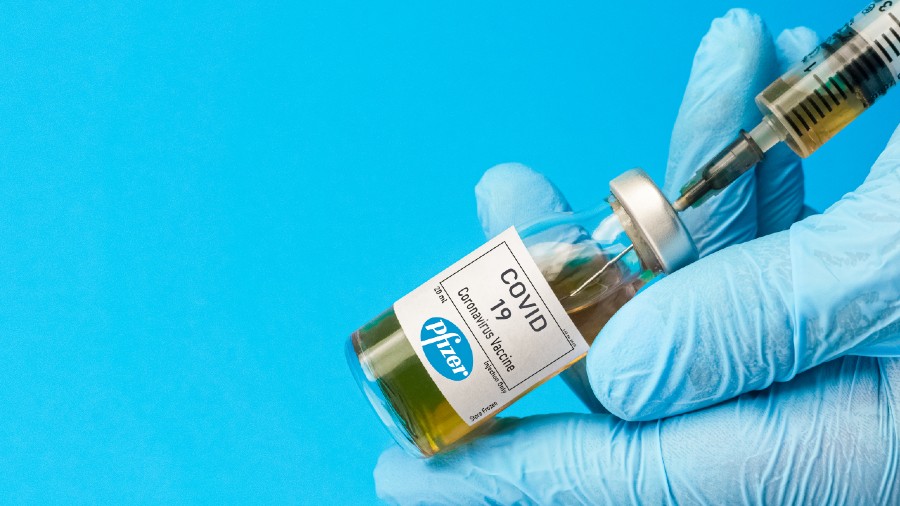A single dose of Pfizer or AstraZeneca Covid-19 vaccine offers around 60 per cent protection against infection from SARS-CoV-2 in adults aged 65 years and above, according to a study published in The Lancet Infectious Diseases.
To obtain real-world data on the effectiveness of these vaccines in care homes, the researchers from the University College London (UCL) in the UK used data from the VIVALDI study.
That research investigated SARS-CoV-2 transmission, infection outcomes, and immunity in residents and staff in long-term care facilities in England for adults aged 65 years and older since June 2020.
This analysis included long-term care facility residents undergoing routine asymptomatic SARS-CoV-2 testing between December 8, 2020 -- the date the first vaccine was administered in the study cohort -- and March 15, 2021 using national testing data linked within the COVID-19 Datastore.
This study was completed before the emergence of the Delta variant of SARS-CoV-2 now dominating in the UK.
The researchers estimated the reduced risk of PCR-positive infection at 0-6 days, 7-13 days, 14-20 days, 21-27 days, 28-34 days, 35-48 days, and 49 days and beyond after vaccination.
This was compared with unvaccinated residents, adjusting for age, sex, previous infection, local SARS-CoV-2 incidence, long-term care facility bed capacity, and clustering by long-term care facility.
The analysis included 10,412 care home residents aged 65 years and older from 310 facilities, with a median age of 86 years, of whom 70 per cent were female and 1,155 residents (11 per cent) had evidence of previous SARS-CoV-2 infection.
A total of 9,160 (88 per cent) residents received at least one vaccine dose during the study period, of whom 6,138 (67 per cent) received AstraZeneca and 3,022 (33 per cent) received Pfizer.
Between December 8, 2020, and March 15, this year, there were 36,352 PCR tests carried out, with 1,335 PCR-positive infections detected -- 713 in unvaccinated residents and 612 in vaccinated residents.
The risk of infection was 56 per cent lower in vaccinated residents after 28 to 34 days, and 62 per cent lower at 35-48 days.
Similar effect sizes at 35-48 days were seen for the AstraZeneca vaccine (68 per cent reduced risk of infection) and the Pfizer vaccine (65 per cent reduced risk).
"Single-dose vaccination with either the AstraZeneca or the Pfizer COVID-19 vaccine reduces the risk of SARS-CoV-2 in older residents in long-term care facilities, the researchers said.
"Our findings suggest that vaccination also has an effect on SARS-CoV-2 transmissibility by reducing the total number of infections in residents, as well as their infectivity," they said.
The protective effect of a single dose of vaccination is evident from 4 weeks to at least 7 weeks after vaccination, which provides some evidence to support extension of the interval between doses beyond three weeks, the researchers said.
However, even beyond four weeks, a single vaccine dose does not eliminate infection risk, highlighting the continued importance of non-pharmaceutical measures to control transmission within long-term care facilities.
"Further work is required to evaluate the effectiveness of the second dose of the vaccine, and the effect of vaccination on transmission," the researchers said.
"This knowledge will be critical to inform policy decisions regarding revaccination schedules in this vulnerable population and the disease control measures needed in the short, medium, and long term to protect long-term care facilities from future waves of SARS-CoV-2 infection," they added.











